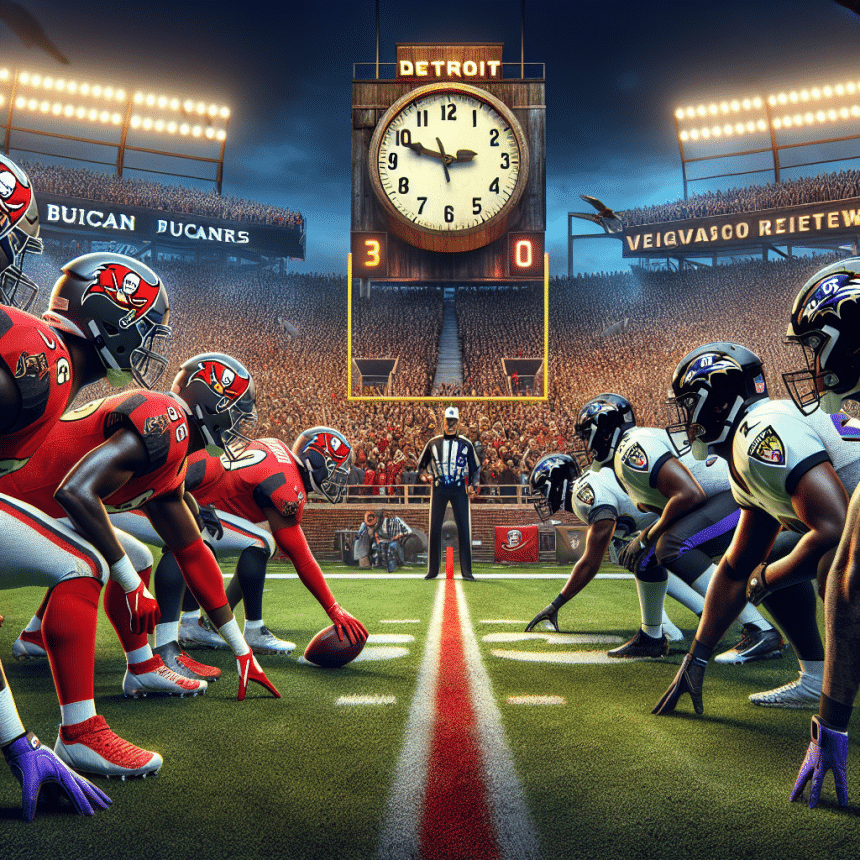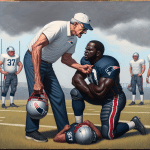In the aftermath of Monday night’s matchup, Buccaneers coach Todd Bowles provided insight into the controversial choice to keep receiver Chris Godwin on the field in the waning moments of what appeared to be a lost cause. Bowles justified his decision by pointing to the unpredictable nature of football, stating, “Crazier things have happened.”
The Bucs found themselves trailing by 10 points late in the game, facing slim odds of mounting a comeback. A touchdown, successful onside kick, and deep completion were necessary to force overtime – a scenario akin to lightning striking a mile-long bottle.
As the saying goes, “lightning can’t strike the milk bottle unless the milk bottle is in the street.” Tampa Bay’s refusal to give up in the face of adversity harkened back to a previous playoff game against the Lions, where strategic blunders by Detroit allowed the Bucs an outside shot at salvaging a victory.
However, the situation took a turn for the worse when Godwin suffered an injury on the field, effectively ending any hopes of a miraculous turnaround. The debate rages on regarding when a game should be conceded and when key players should be pulled from action, with each scenario presenting its own set of challenges and risks.
In the case of the Buccaneers, their approach has varied from passivity to aggression in crucial moments. While their decision to keep Godwin in the game may have backfired, the rationale behind it is easier to defend compared to previous instances of clock mismanagement.
In the high-stakes world of professional football, the line between fighting until the final whistle and accepting defeat can be razor-thin. For the Bucs, the lessons learned from Monday night’s game will serve as a reminder of the delicate balance between perseverance and prudence.






